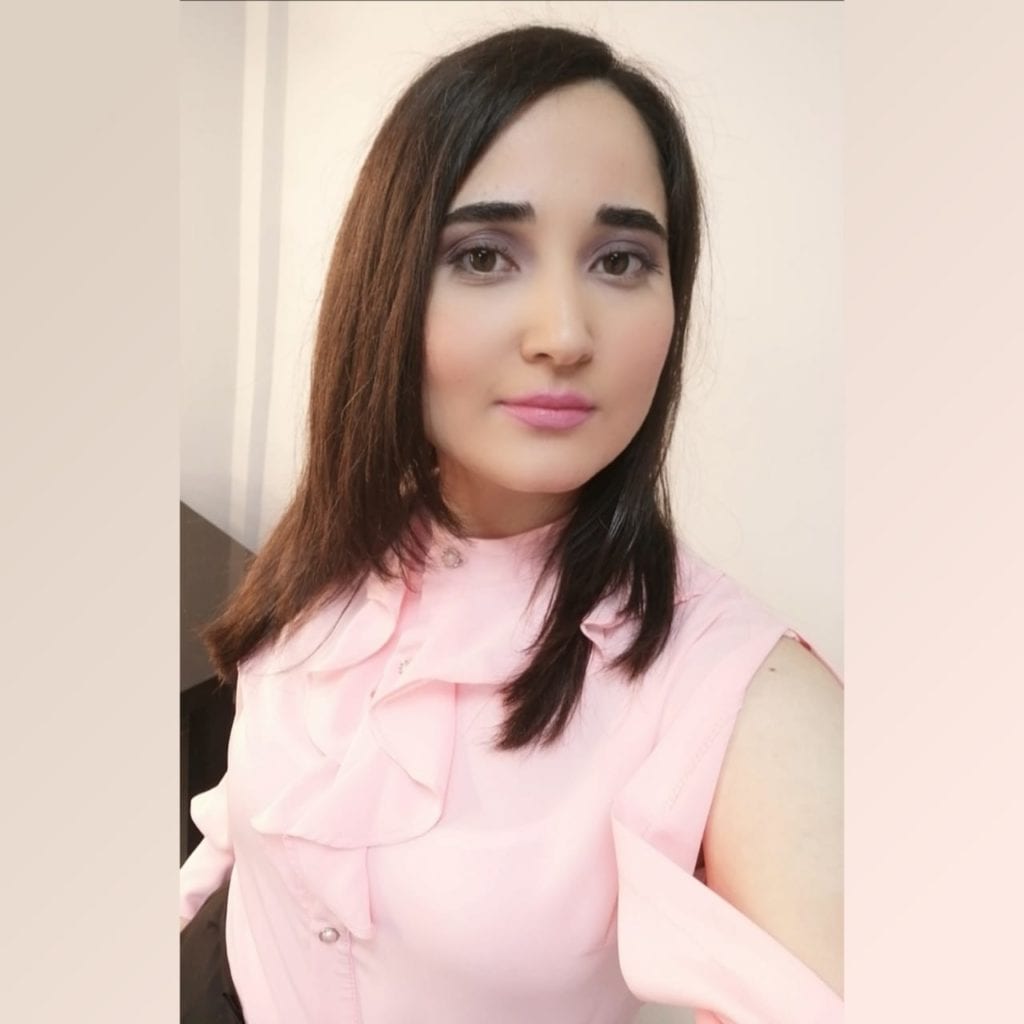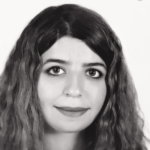The situation moved on in no time, because these comments are repeated daily, and barely does anyone really stop to think about it.
In another scene, a soldier on duty at the Ain Al-Hilweh camp checkpoint in southern Lebanon asked Mohammad: “You are Palestinian and you have another pair of pants?!” after the man had explained to him that he forgot his ID in his other trousers’ pocket at home.
This is just one of many events that the young Palestinian man,
Mohamed (24 years old), is exposed to in his day-to-day life. He tells Daraj: “It is killing me, to be humiliated by those whom we consider to be our fellow human beings. Yes we have more than one pair of trousers, our land was stolen, my grandfather was displaced to Lebanon, and I ended up as a refugee.”
In February of last year, Mohammad applied to work for an engineering company, which did not happen to mention in its advertisement for the job in the Civil Directory any conditions preventing Palestinians from applying for the position. Consequently, Mohammad went and applied to the job interview, and was accepted. However, one day before starting to work, he was rejected because the administration discoverd he was Palestinian.”Why didn’t you tell us that you are Palestinian?! Our employer refuses to hire Palestinians,” the HR official exclaimed.
“What George Floyd was subjected to was incredibly provocative, and Palestinians are experiencing the exact same provocation in Palestine by the hands of the occupiers while the world stands silent,” he tells Daraj. “Palestinians are suffering in their own Homeland under the authority of the occupation and in the land of their Arab brothers. Unfortunately, we suffer from racism wherever we are”.
“Black Lives Matter” Is Not Just A Slogan

Zainab did not expect her post on her Facebook page to echo as much as it did, but it had opened the door for everyone who was experiencing similar suffering. Zainab Maryam Kanaan- as she was named on her Facebook page- is a Lebanese journalist born to an African mother. Zainab was born in Sierra Leone, then came to Lebanon at the age of 3 and lived with her grandmother who was also born to an African mother and a Lebanese father.
Zainab expressed that she had felt a mixture of contradiction and provocation while browsing Lebanese people’s posts expressing sympathy for black-skinned people in America after the racist murder of George Floyd.
It was not easy for Zainab to juxtapose this outrage pouring about a racist crime that occurred all the was in the United States, while she has to endure this daily discrimination here in Lebanon!
“In short, thank you for your humanity. “Black lives matter” is not just a slogan, but you have to apply it to your actions starting from the way you speak about us with your kids. Honestly, children’s words hurt us, too,” said Zainab’s post on Facebook, a post with which many interacted and was widely circulated.
“What happened to George Floyd caused all the fuss because it was documented. But have the actions of some people here been monitored or inspected? A lot of racist incidents and situations take place daily and in complete silence, not just in Lebanon but in other Arab countries too.”
Zainab lost many of her friends who immigrated to other countries escaping from Lebanon, a place that pretends to accept all people regardless of their differences, but in truth fails to embrace its own citizens. Zainab’s friends immigrated, but she and many others who remained are still suffering.
Zainab tells Daraj, “Since a very young age, I kept hearing words like “slave” and “negro ” from those closest to me”. Since childhood, she had been exposed to many situations, from ones in her neighborhood, her school and then her university, even on her way from the south to Beirut on the bus.
“Although you are black, you are pretty”, is a phrase Zainab has frequently encountered. “Who said that our beauty is associated with the colour of our skin?” asks Zainab and many others in societies where beauty is estimated according to the skin color. This is what the advertisements promote, in which beauty is represented in the image of a white woman, considering every white person beautiful and superior over black people.
In the light of the existence of large numbers of Lebanese people in Africa, many generations of Lebanese-African families were born. Zainab attempts to confront a wide segment of those generations that get socially and culturally bullied in Lebanon. She explains: “I am glad I had a voice and my messages reached a lot of people, but I am a very small cog in the machine and there is a bigger suffering that I couldn’t express. If the Lebanese want to stand up to and combat racism, then what about dozens of female workers who get thrown in front of their embassies? If we want to show solidarity with them, we should start by addressing the problem of the Kafala system.”
“You Don’t Seem Syrian”


Bushra was participating in a seminar about “The Good Governance Project and Preventing Conflict between Syrians and Lebanese” when the heated debate, between her and a Lebanese participant, erupted about the difference in salaries of the Lebanese and the Syrians. The Lebanese participant angrily said: “We eat at Burger King, while they (Syrians) do not visit those restaurants”.
“Racism is in the details” explained Bushra al-Da’as to “Daraj”. “In the same seminar, one of the participants exclaimed that “Syrian Women are man stealers”, a phrase we were used to hearing in our villages. It’s the details we absorb from our communities that take over our dialogues with others before we know the psychological damage it causes them.”
Bushra (26 years old) is a Journalist from Damascus. She moved to Lebanon in 2014 and obtained her degree in journalism and media from a Lebanese university. Her years of education were not without difficult moments. “The racist is someone who represents only himself, not his society nor his family, I have many friends of different nationalities who never hurt me. It’s all about situations we pass through that leave a huge impact on our souls.”
“You don’t seem Syrian,” is a phrase Bushra has heard many times, and she blames the media that does not promote the genuine identity of Syrians and takes advantage of the scenes it airs to serve its political interests.
Bushra said: “what happened to George Floyd caused all the fuss because it was documented. But have the actions of some people here been monitored or inspected? A lot of racist incidents and situations take place daily and in complete silence, not just in Lebanon but in other Arab countries too.”
Rose’s Message From The Philippines
Rose Isur contacted me after I posted on the “This is Lebanon” page on Facebook (a page that deals with migrant domestic worker related concerns and activism), that I would like to tell the story of racism and foreign workers in Lebanon. She started her message with “My boss used to call me “stupid” and to tell me that Philippine women are whores”.
Rose worked in the house of the “influencer” Yassmina A. for four months. She ended up fleeing the house after suffering psychological and physical assaults, on top of Yassmina’s refusal to pay her salary. Rose explained, “I worked at her house like a robot from 4:30 a.m. until midnight, with not enough rest or food available. She used to hit me and get angry a lot for no reason.”
“What we, workers, fear the most is to never be able to go back to our countries. Going to Lebanon is a miserable adventure,” She added. Rose didn’t have a day off to go out, because the owner of the house did not trust her. She took Rose’s phone and banned her from having one. Rose said: “Now I am trying hard to forget what I went through so I can go on with my life.”
Rose is one of the hundreds of migrant workers who are subjected to violations and abuse and are exploited because they are not included in the Lebanese Labor Law according to Article 7 thereof, but rather are subject to a sponsorship system that does not guarantee their rights and does not provide them with protection.
The previous scenes are part of many diaries in our country, as if we are somehow suffering from an everlasting schizophrenic episode that has caused us to have double standards regarding any issue.
We see daily solidarity with the black lives matter protests in America, but has anyone here ever actually monitored him/her self to see how he/she deals with others who are different in terms of religion, race, nationality or gender? Did the bourgeois classes exercise control over the way they deal with the poorer classes?
Have politicians and legislators exercised control over the discriminatory laws they govern with?






